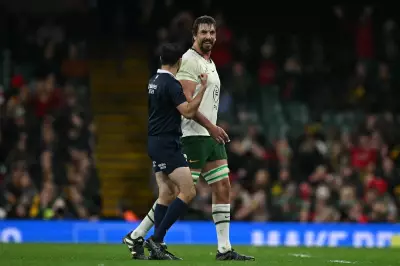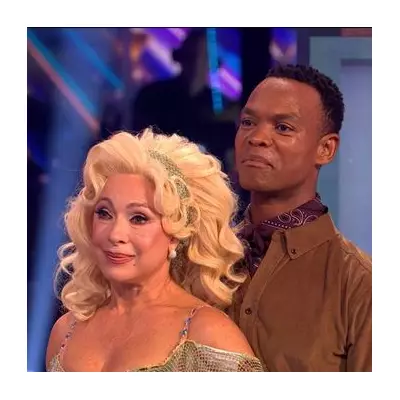
Adelaide's sports media landscape has been rocked by controversy after veteran radio host Stephen Rowe made explosive comments regarding the recent homophobic slur incident involving AFL star Izak Rankine.
The Adelaide Crows forward found himself at the centre of a firestorm during Saturday's match against Essendon when he directed a homophobic slur towards opponent Brandon Zerk-Thatcher. The incident resulted in Rankine receiving a four-match ban from the AFL tribunal.
Radio Comments Spark Outrage
During his SEN SA radio programme, Rowe provoked widespread anger by suggesting Rankine should be considered the victim in the situation. The controversial host attempted to shift blame onto Zerk-Thatcher, questioning whether the Essendon defender had provoked Rankine beforehand.
"I'm trying to turn Izak Rankine into the victim here," Rowe declared on air, stunning listeners and sparking immediate backlash across the AFL community.
Immediate Backlash and Condemnation
Rowe's comments were met with swift condemnation from listeners, fellow journalists, and equality advocates. Many accused the radio host of attempting to justify unacceptable behaviour and undermining the AFL's efforts to promote inclusivity.
The controversy comes at a sensitive time for the league, which has been actively working to combat homophobia and promote LGBTQ+ inclusion in Australian rules football.
Rankine's Response and Apology
Meanwhile, Izak Rankine has publicly apologised for his actions, expressing genuine remorse for his use of the homophobic slur. The talented forward acknowledged there was "no excuse" for his language and accepted full responsibility for his actions.
The Adelaide Crows have supported Rankine throughout the process while making clear that such language has no place in the sport or society broadly.
Broader Implications for AFL Media
This incident has raised serious questions about the role and responsibility of sports media commentators in addressing sensitive social issues. Rowe's attempt to reframe the narrative has been widely criticised as irresponsible journalism that could undermine progress toward making Australian rules football more inclusive.
As the AFL continues to address issues of discrimination and equality, this controversy highlights the ongoing challenges sports face in changing cultural attitudes both on and off the field.





